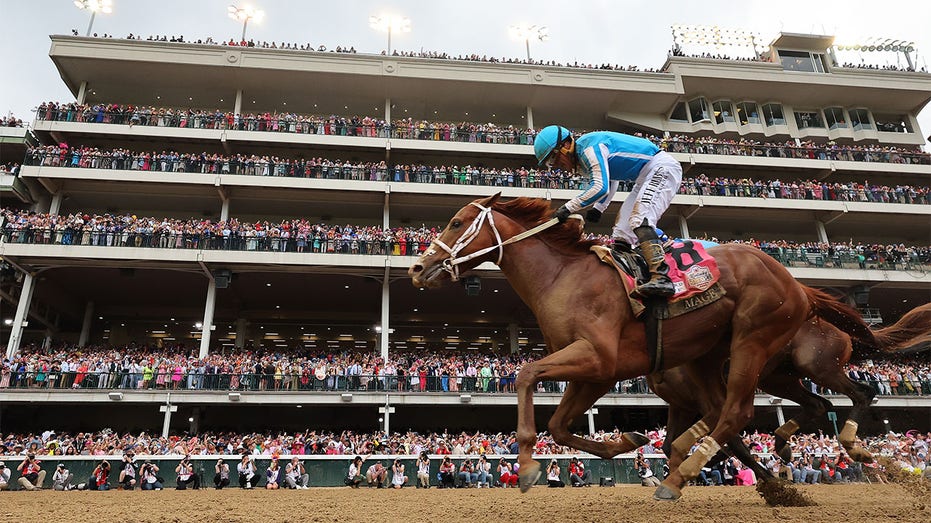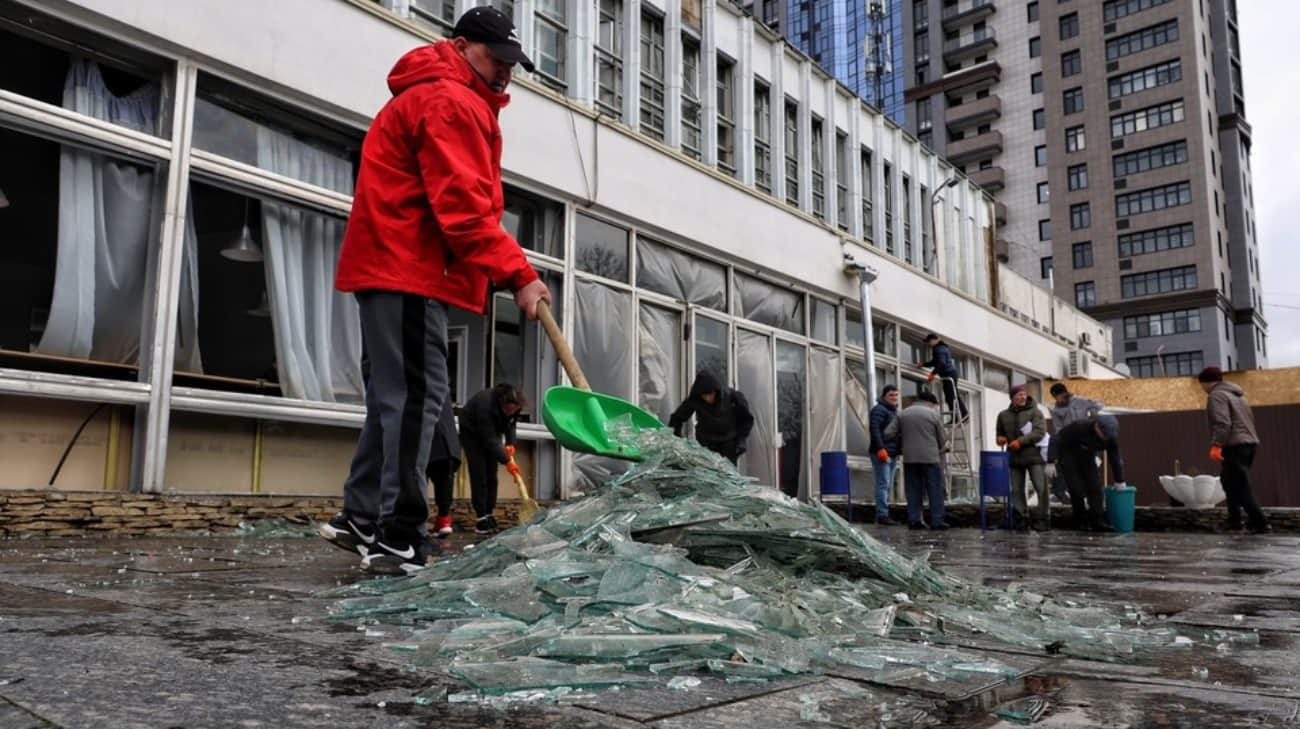Congress abused its power to rein in horse racing. Here’s how we ride to the rescue
Congress abused its power to rein in horse racing. Here’s how we ride to the rescue -- by overturning the scheme that handed power to an unaccountable private organization.

Thoroughbred horseracing is more than just mint juleps, magnificent animals and funny hats at the Kentucky Derby. It’s also an industry that supports tens of thousands of jobs for everyday Americans, people who are privileged to care for and train these animals.
The industry includes everyone from the farm kid who mucks out the horse’s stall to the jockey who rides him to victory on the track. And all of these jobs are at risk because of an unconstitutional law passed by Congress two years ago that has horseracing on life support.
When Congress passed the so-called Horseracing Integrity and Safety Act (HISA) in December 2020, it did not create a new federal agency to regulate horseracing in place of the state governments that had been doing it for a century. Instead, Congress handed the power of the federal government over to an unaccountable private organization of self-appointed power-players within the industry.
Since then, this new authority has imposed millions of dollars in new fees and regulatory costs onto the industry, which was already operating on tight margins. It’s costing people their livelihoods, especially in smaller and rural racing communities, the places that don’t have the big audiences and TV contracts.
As a practicing equine veterinarian for three decades who cares first and foremost about the horses in my care, I felt like we had to do something to save our industry and protect our horses. And as a citizen, I was aghast at the dangerous precedent we would set allowing Congress to authorize a private police department to regulate and run an entire industry.
So, on behalf of horsemen nationwide, we are leading a federal lawsuit to stop this dangerous new law. The Constitution vests the powers of government in three branches: Congress, the president and the courts. There is no fourth branch in the Constitution for private industry regulatory authorities.
The nearly 30,000 horseracing trainers and owners who belong to the National Horsemen’s Benevolent and Protective Association are fighting to protect their constitutional rights and their jobs — and winning. The U.S. Court of Appeals for the Fifth Circuit in New Orleans has already declared an earlier version of the act unconstitutional, and the court was to have scheduled a second round of arguments by the lawyers for October 4.
Meanwhile, we are moving forward with a better plan to replace the failed congressional scheme. The answer here is clear: we need to move toward uniformity for horseracing by having the states agree with one another on the best medical science to protect horses.
Veterinarians, trainers and owners know what their animals need to thrive and should not have bureaucrats at a federal agency or a private authority coming between them and their animals.
CLICK HERE FOR MORE FOX NEWS OPINION
We all oppose doping and performance-enhancing drugs, but the answer to cleaning up the industry cannot be to kill the industry entirely with a sledgehammer by eliminating veterinarians’ ability to properly practice through therapeutic medications.
Horses, like people, have illnesses and injuries and need medical care, and we should trust veterinarians to provide it, with the states as the backstop to ensure clean and fair rules. That’s the theory at the heart of the new Racehorse Health and Safety Act, introduced in Congress last week by Louisiana Republican Rep. Clay Higgins.
This race is headed to the Supreme Court, which will likely ultimately rule on the constitutionality of the prior law. When it does, the answer should be obvious — Congress cannot authorize private police departments with all the powers of government and none of the safeguards like transparency and democratic accountability.
After that, the alternative Racehorse Health and Safety Act will be ready to go as a science-based, state-led replacement. Horsemen and horses deserve nothing less than excellent care and a fair chance to compete.



